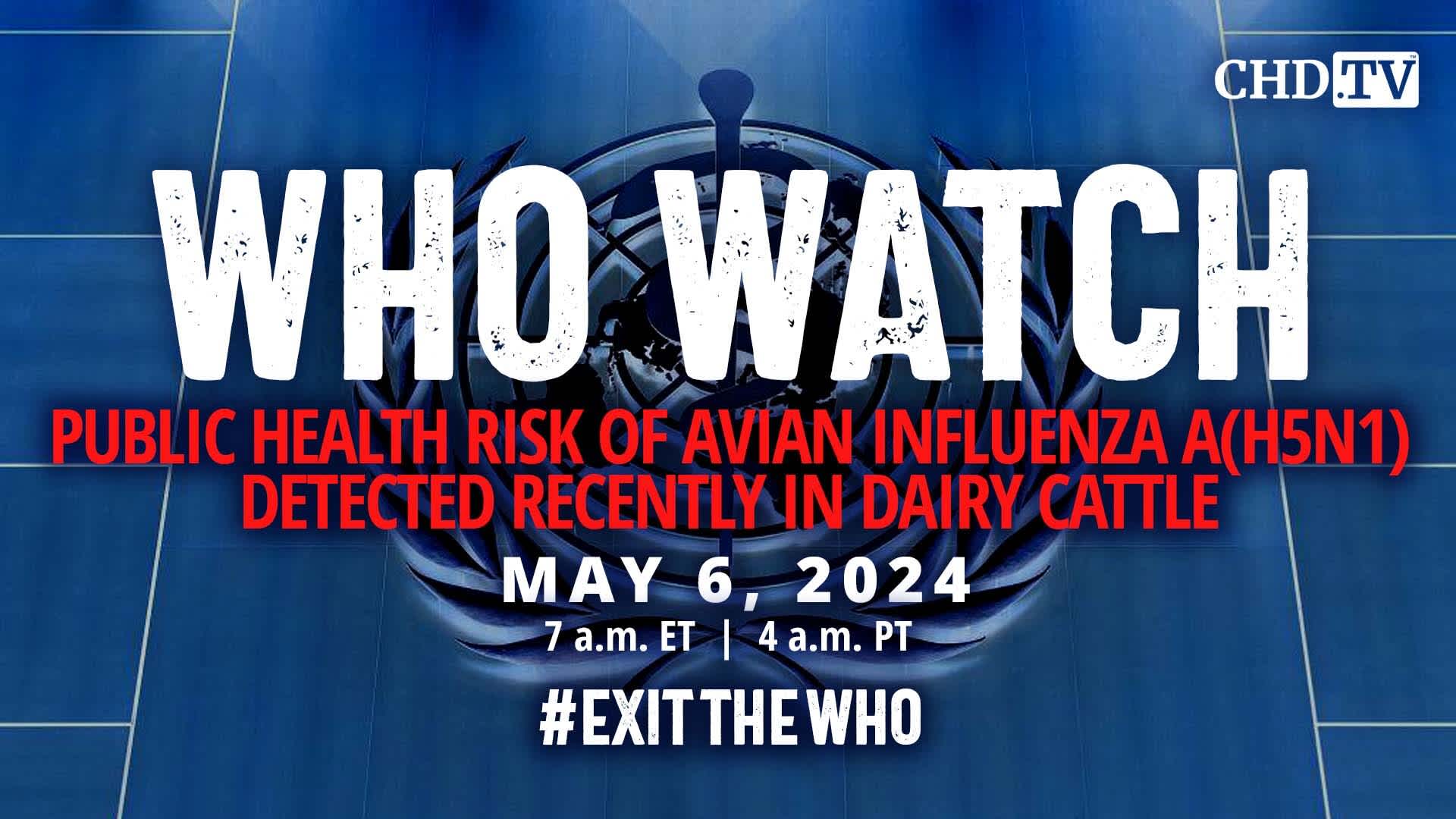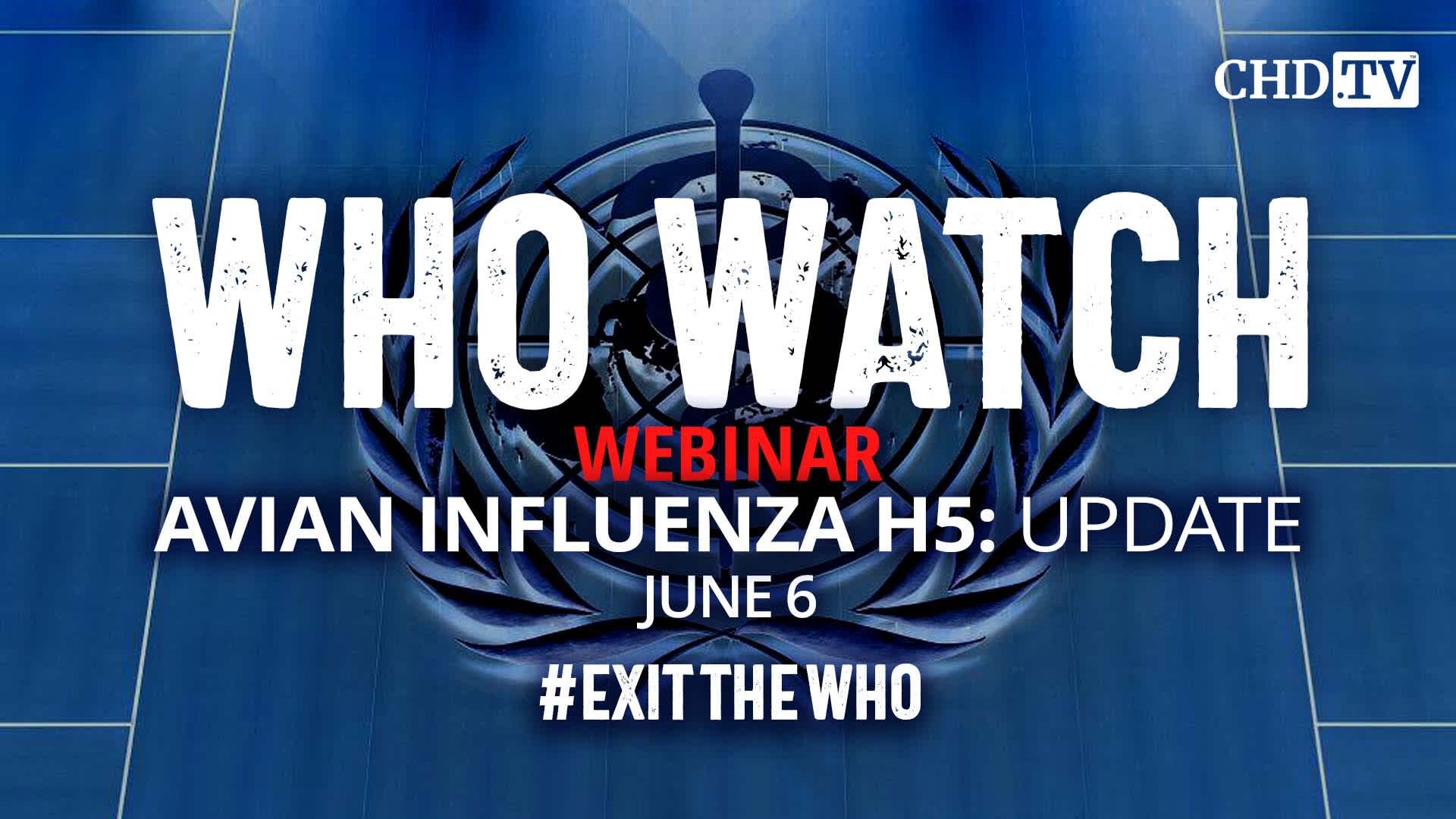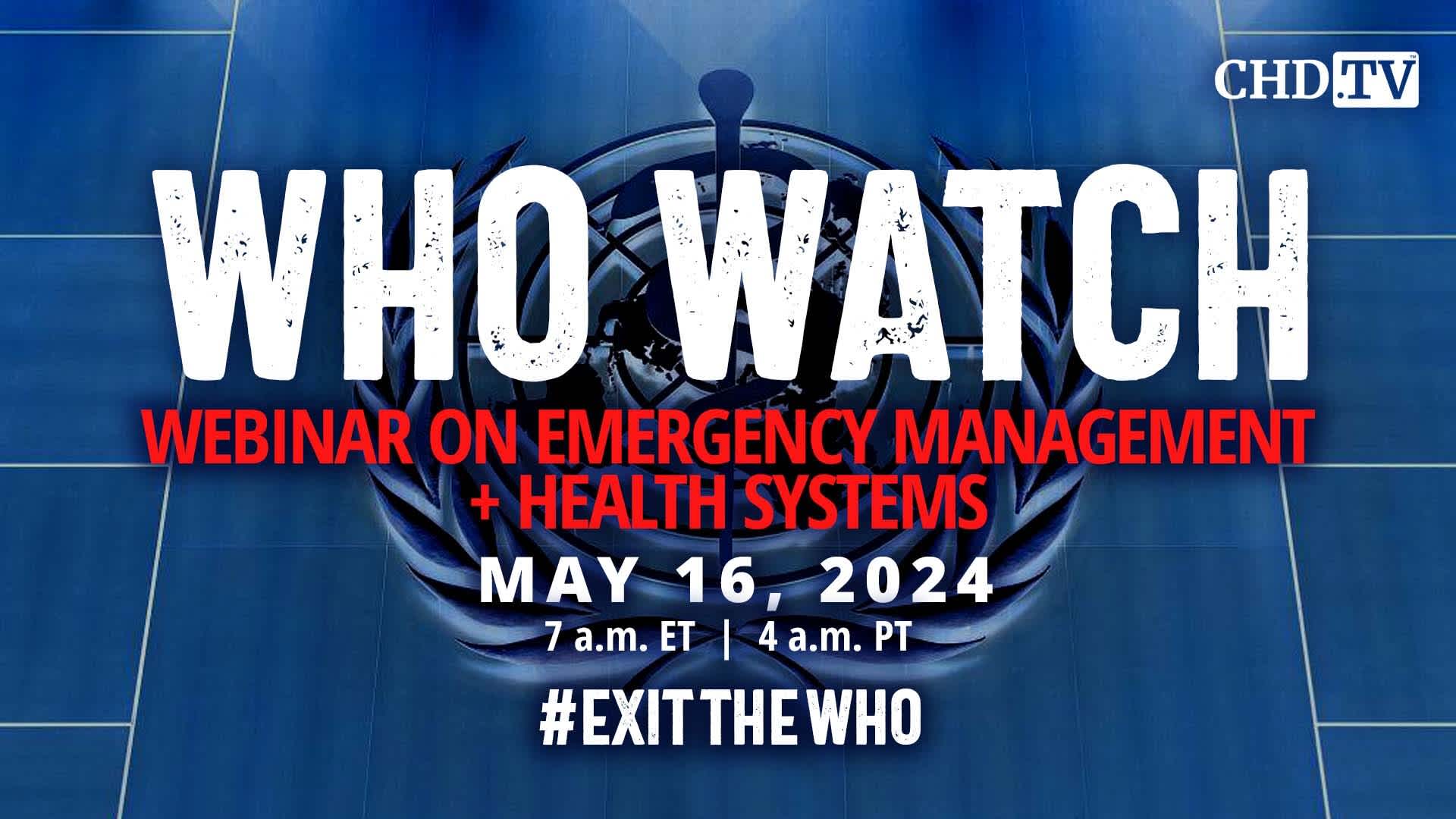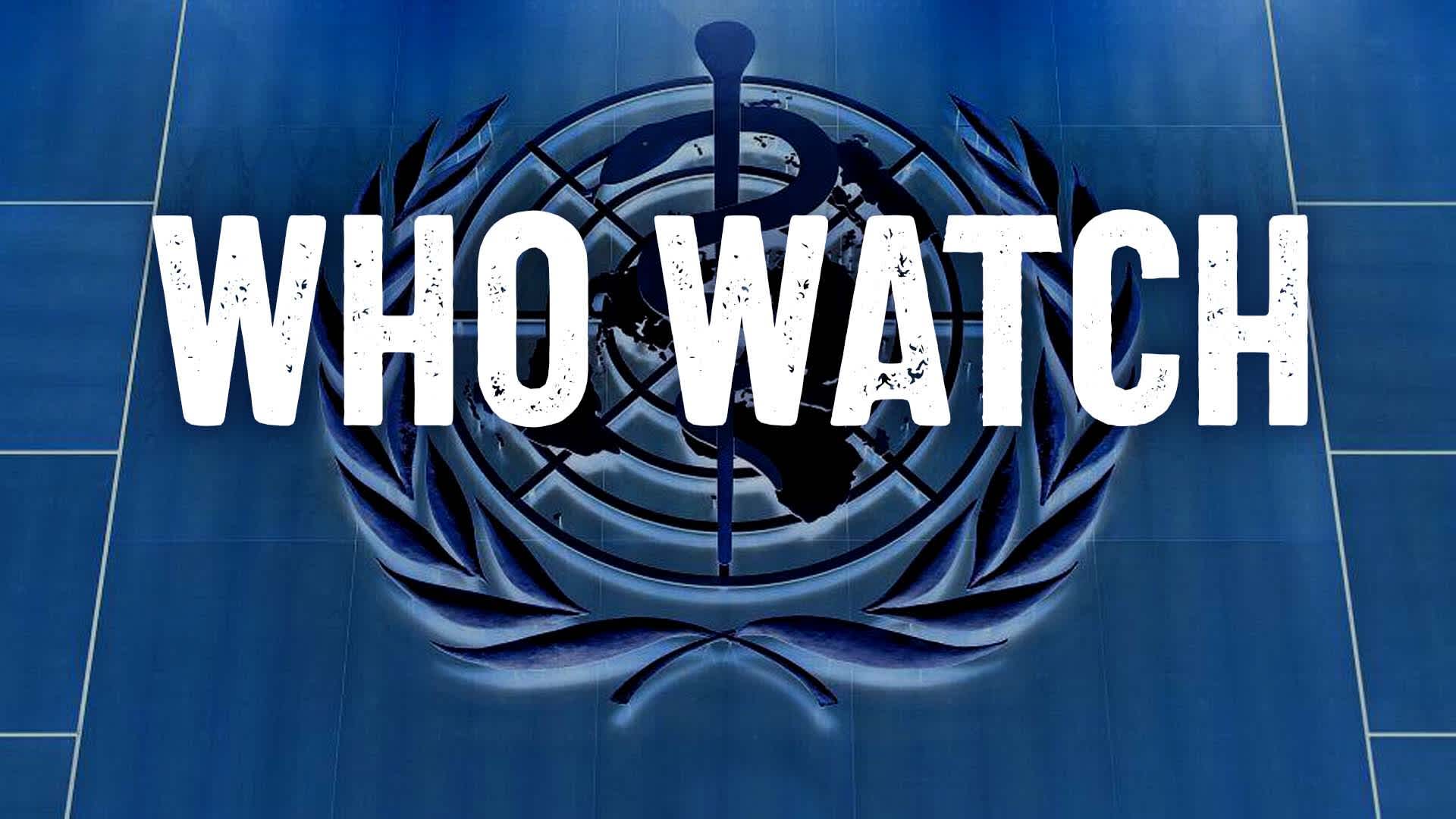Jun 23, 2025
Jun 23, 2025
chat
WHO WATCH: New Guidelines for Mpox Clinical Management, Infection Prevention and Control
Description:
‘Description of this webinar Since the 2022 global outbreak of Mpox, caused by the monkeypox virus (MPXV), the epidemiological landscape has continued to evolve. While the initial outbreaks centered on clade IIb in non-endemic countries, 2024 has seen a resurgence of Mpox in parts of Africa, particularly clade I variants, and concerning cross-border transmissions. In August 2024, WHO declared a second Public Health Emergency of International Concern (PHEIC) in response to the rising epidemic risk posed by MPXV.
‘The WHO Mpox clinical and infection prevention and control (IPC) guidelines newly published in June 2025, provide critical evidence-based recommendations for frontline responders and health and care workers globally. These include improved recommendations on supportive care, home-based management, protective measures for healthcare workers, and special considerations for populations with HIV, breastfeeding infants, and those at risk of complications.
‘Up-to-date clinical guidelines from WHO help healthcare providers to deliver safe and effective care, rooted in the best evidence and applicable across diverse health systems. Recommendations aim to prevent mpox transmission, improve outcomes, and reduce disease complications. They focus on protecting patients and frontline workers—especially in low-resource and high-burden settings – and address increasing challenges such as co-infections, care of vulnerable populations, and provision of care at home where appropriate.
‘This webinar will describe the latest evidence-based clinical and infection prevention and control (IPC) recommendations, explain the rationale behind key changes, and provide practical guidance for implementing mpox care in both hospital and community settings. It also creates an opportunity for dialogue, allowing participants to ask questions, share experiences, and gain clarity on managing Mpox across different contexts—including resource-limited settings. Ultimately, the webinar aims to ensure that updated guidance reaches those on the frontlines quickly and effectively, helping to improve patient outcomes, reduce transmission, and strengthen global Mpox response efforts.’
Objectives
‘To enable participants to gain knowledge on the latest recommendations and best practice statements from WHO around the following topics:
‘Mpox and breastfeeding (both for mothers who have continued breastfeeding during Mpox and when to resume breastfeeding for mothers who have temporarily stopped breastfeeding due to lesions). ART/HIV and Mpox IPC in healthcare settings and home care precautions for carers, looking after mild Mpox cases Promote awareness of the newly published evidence-based guideline for Infection prevention and control for mpox disease, discuss the updated recommendations and IPC practices and challenges in affected countries’
Speakers:
- Nedret Emiroglu — Director, Emergency Core Capabilities department, WHO Health Emergencies Programme
- Olivier le Polain — Unit Head, Epidemiology and Analytics for Response, WHO Health Emergencies Programme
- April Baller — Team Lead, Infection Prevention and Control & WASH, WHO Health Emergencies Programme
- Tochi Okwor — Chair of Infection prevention and control Guideline development group for mpox
- Andy Bulabula — Unit Lead, Infection Prevention and Control, Africa CDC
- Grace Ndeezi — Specialist group on breastfeeding, Makerere University
- Janet Diaz — Unit Head, Safe and Scalable Care, WHO Health Emergencies Programme
*The opinions expressed by the hosts and guests in this show are not necessarily the views of Children’s Health Defense.





